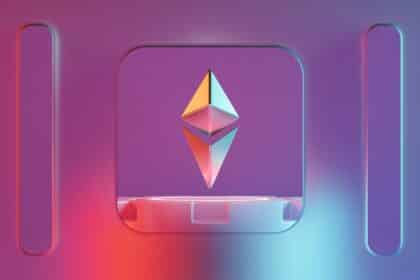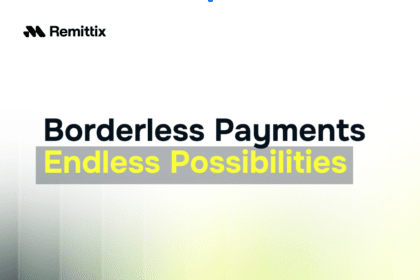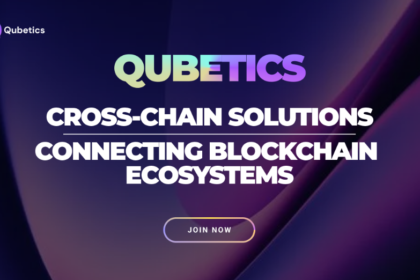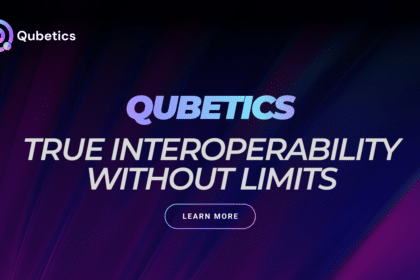On September 25, Morocco reportedly debuted its Digital 2030 strategy, crafted to establish the country as a digital dominant and improve its digital economy through the integration of artificial intelligence (AI), Distributed Ledger Technology (DLT), cloud services, and a facilitative ecosystem for innovative startups.
Economic Enhancements of the Digital Strategy
According to news sources, the Digital 2030 strategy aspires to create around 240,000 jobs in the digital industry by 2030. These alleged jobs are expected to contribute about 100 billion dirhams (around $10.36 billion) to Morocco’s gross domestic product (GDP), with goals to grow digital export revenues to 40 billion dirhams ($4.15 billion).
In addition, the strategy aims to improve Morocco’s standing in the United Nations Online Services Index, going from the 100th to the 50th position at a global level. This step also includes creating 3,000 startups and the growth of 5G coverage to 70% of the country’s territory.
Ghita Mezzour, the Minister of Digital Transition, stressed the strategic goal of revolutionizing Morocco into a digital leader, majorly focused on promoting economic growth, improving public services, and enhancing the overall quality of life for its residents.
During her presentation, Mezzour said that the strategy will mainly nurture the digital economy by streamlining and digitizing services for sustainable development through digital technologies, including Distributed Ledger Technology.

Views of the Government and Stakeholders
Aziz Akhannouch, the head of the government, reflected the government’s commitment to the strategy, which comprised consultations with primary stakeholders across the digital sector. These stakeholders include public administration, professional associations, educational institutions, the private sector, and civil societies.
According to Akhannouch, the Moroccan Agency for Digital Development (ADD) will serve an integral part in backing the digitalization of public administrations. A central digital portal is also being processed to standardize administrative processes throughout the system.
The Digital 2030 strategy will reportedly acquire funding of more than $1.1 billion, covering the development of FAB labs and prototyping centres.
Advancements in Distributed Ledger Technology
Earlier in the year, Binance Academy and the Blockchain Centre allegedly shared plans to redesign the educational arena for blockchain technology by bringing in a blockchain engineering course at a university in Casablanca, Morocco. This step is majorly focused on blockchain engineering and compliance education, to educate more than one million students globally by 2026.
Moreover, the Moroccan startup Tookeez, the first to use blockchain technology to improve customer loyalty programs, has allegedly gained $1.5 million in funding. The funding round was led by Azur Innovation Fund, a remarkable public-private seed capital fund based in Casablanca.
Support from Industry Leaders
A venerated guest at the announcement of the Digital Strategy 2030 was Kamal Youssefi, the President of the Hashgraph Association. During the event, Youssefi shared his praise for the invitation to the launch of the Digital Morocco 2030 National Strategy. He said, “We are honoured to be invited to the launch of the Digital Morocco 2030 National Strategy. We intend to support the Moroccan government in its digitization endeavours, leveraging the distributed ledger technology (DLT) of Hedera Hashgraph. We have already started this digital transformation journey with the strategic partnerships signed at Gitex Africa 2024 with the Agency of Digital Development (ADD) and UM6P Ventures.”
The Hashgraph Association seemingly aims to partner with the Agency of Digital Development to improve citizen services using the Hedera Distributed Ledger Technology network and Web3 technologies. In addition, the collaboration with UM6P Ventures, the early-stage venture capital firm linked to Mohammed VI Polytechnique University, aspires to promote entrepreneurship and supercharge scientific innovation and co-investment opportunities within Morocco and the African region.

Conclusion
Morocco’s Digital 2030 strategy demonstrates the country’s dedication to utilizing the potential of Distributed Ledger Technology. By bringing in DLT and focusing on the digital revolution, Morocco aspires to establish itself as a leader in the digital economy, gradually steering growth, enhancing services, and elevating the lives of its citizens. Keep up with TheBITJournal to explore more advancements in the industry.
Follow us on Twitter and LinkedIn, and join our Telegram channel to be instantly informed.
https://twitter.com/Thebitjournal_
https://www.linkedin.com/company/the-bit-journal/





























